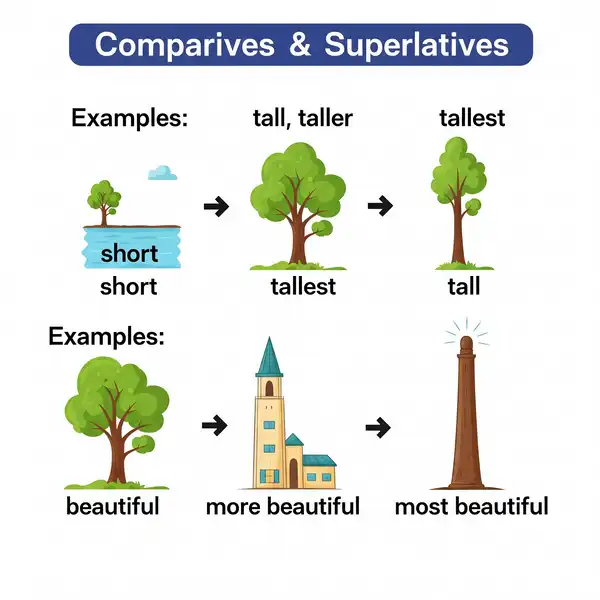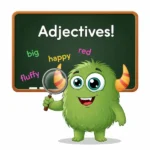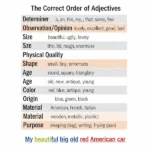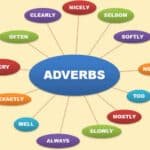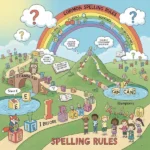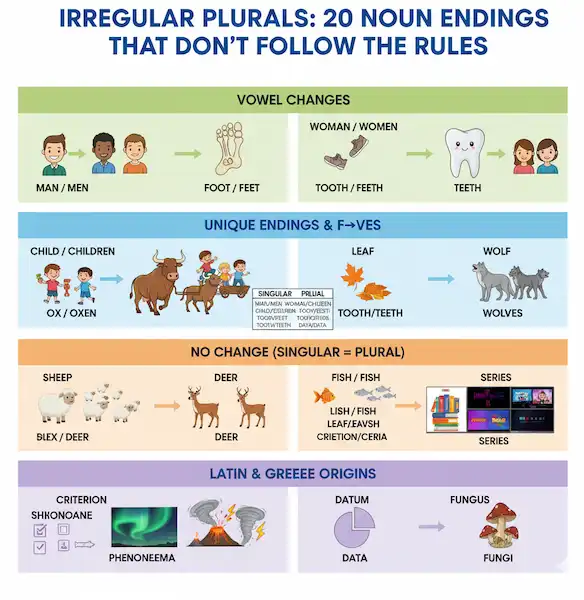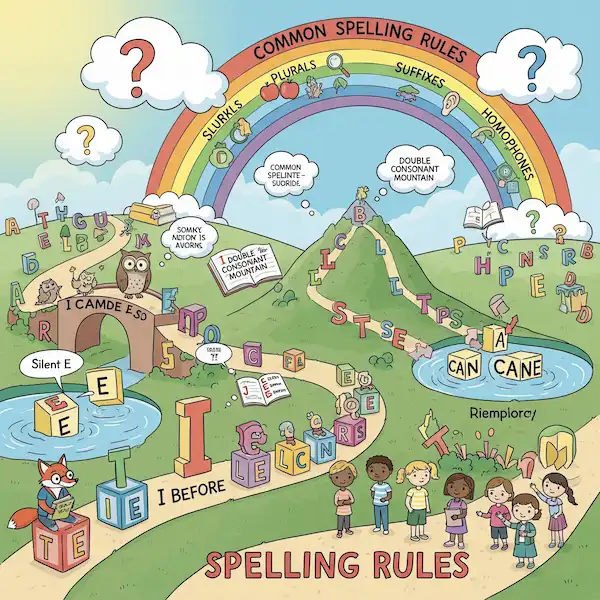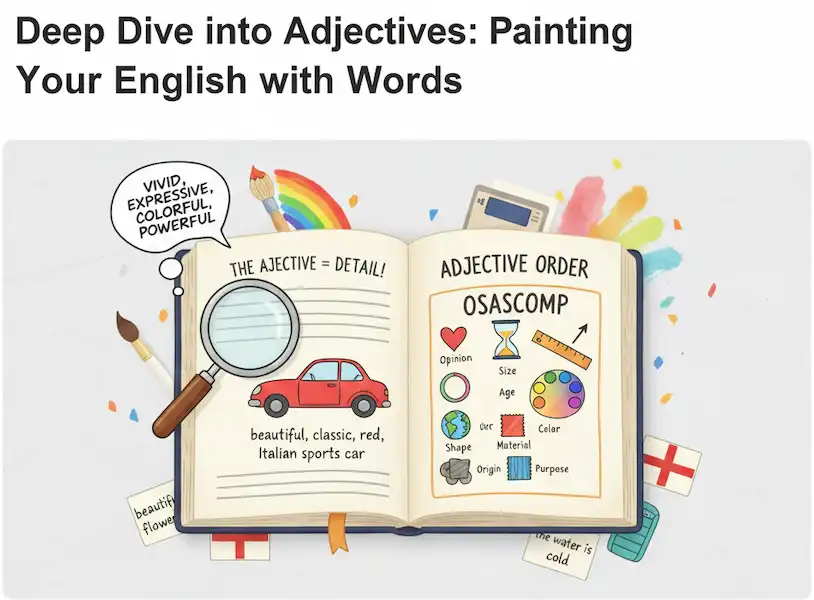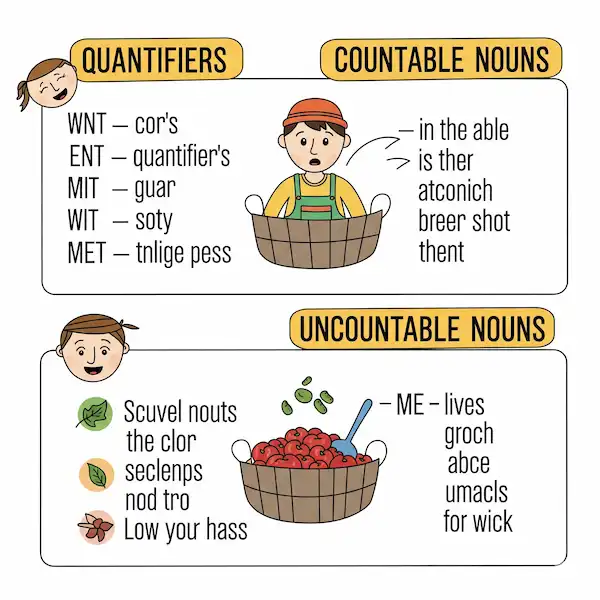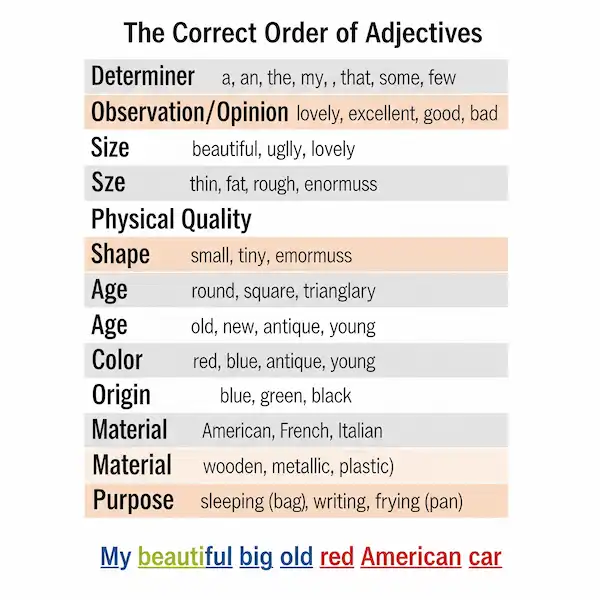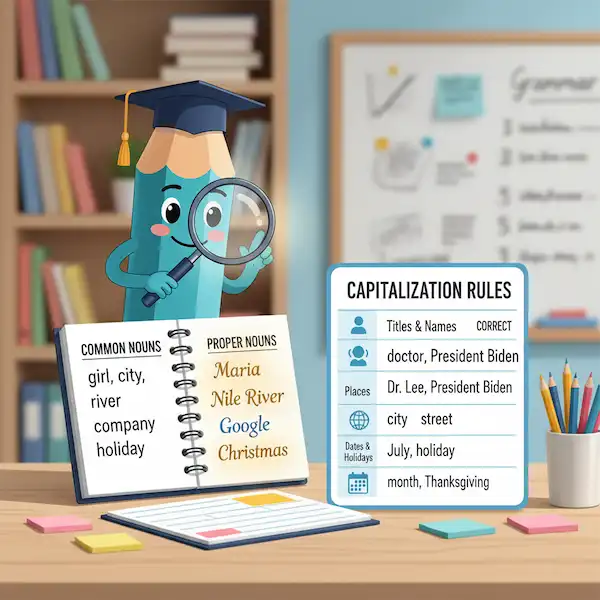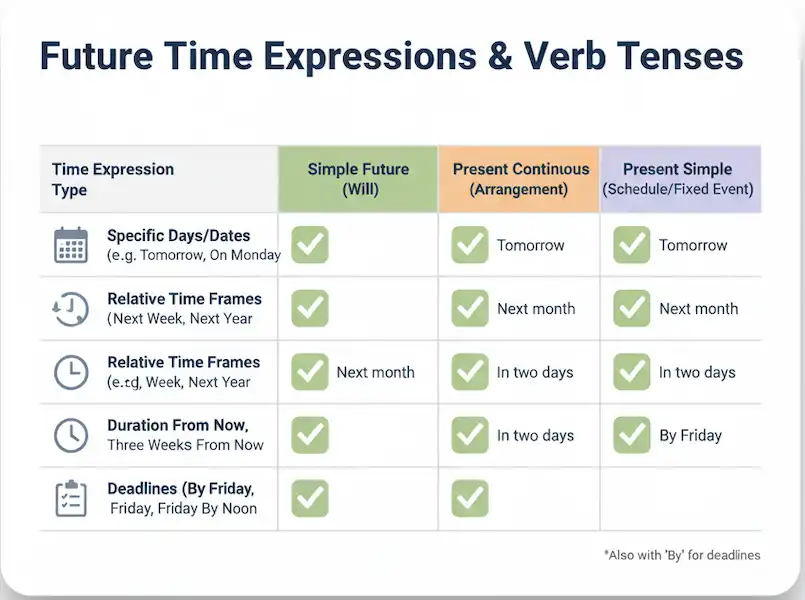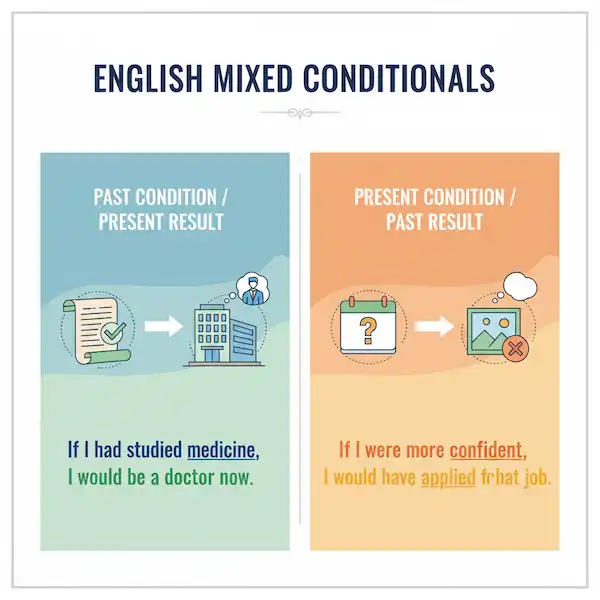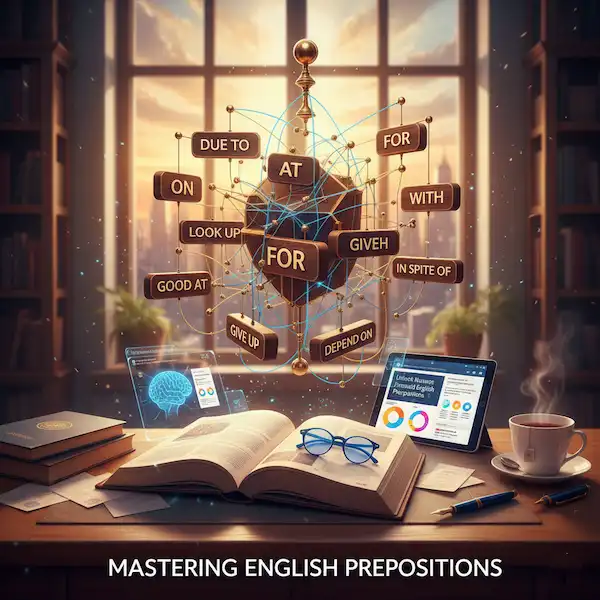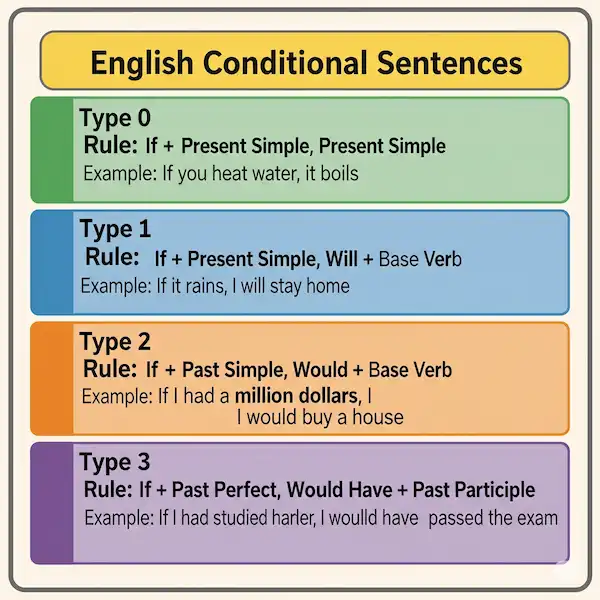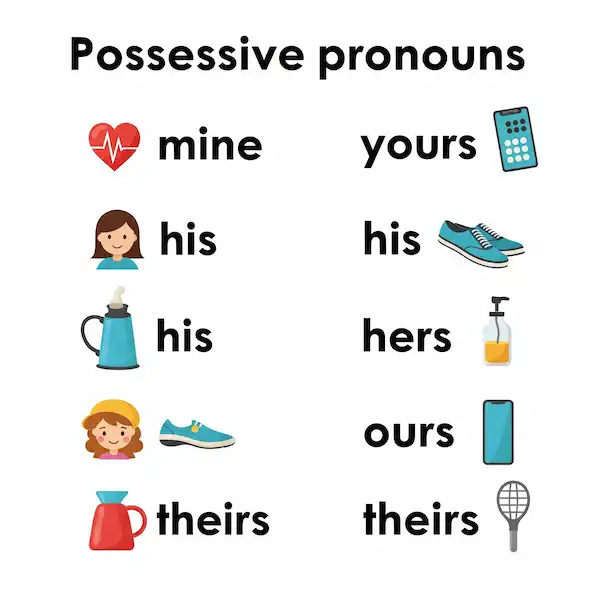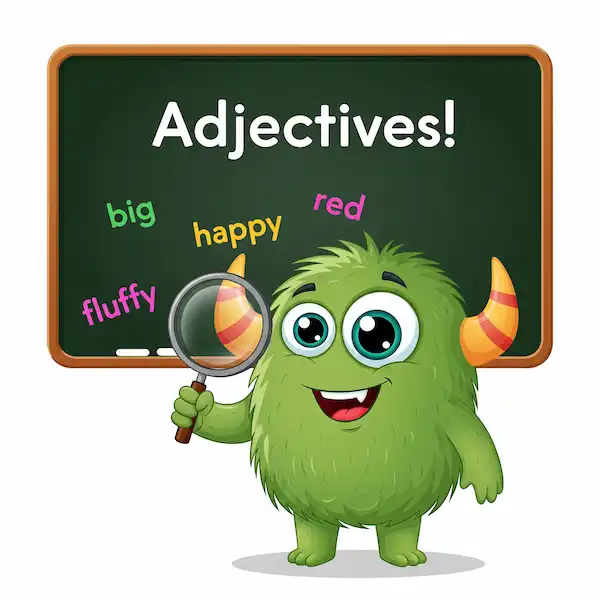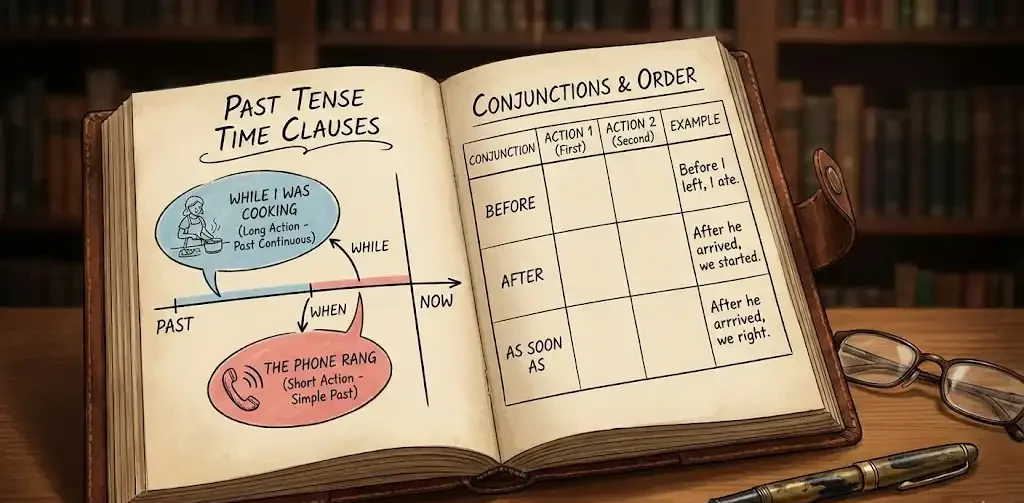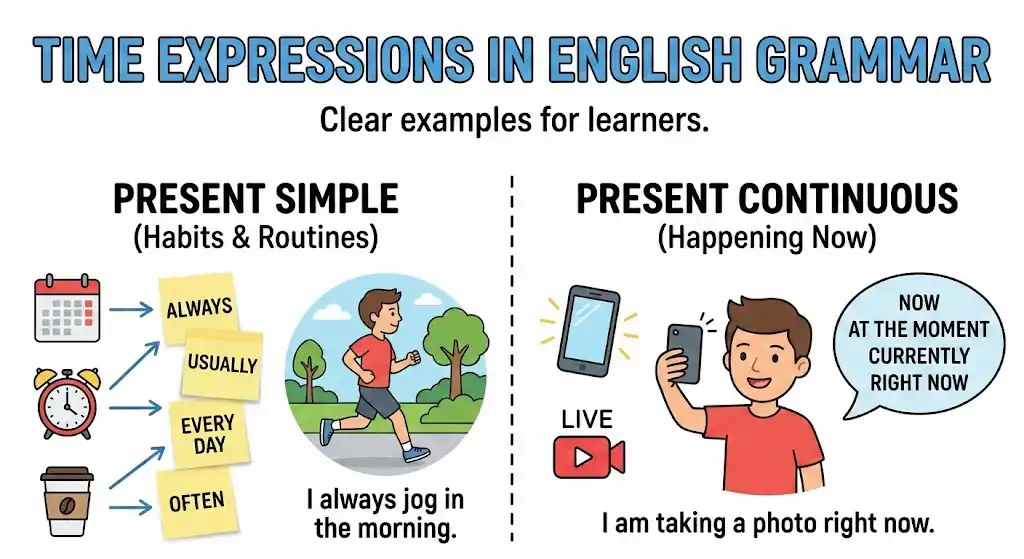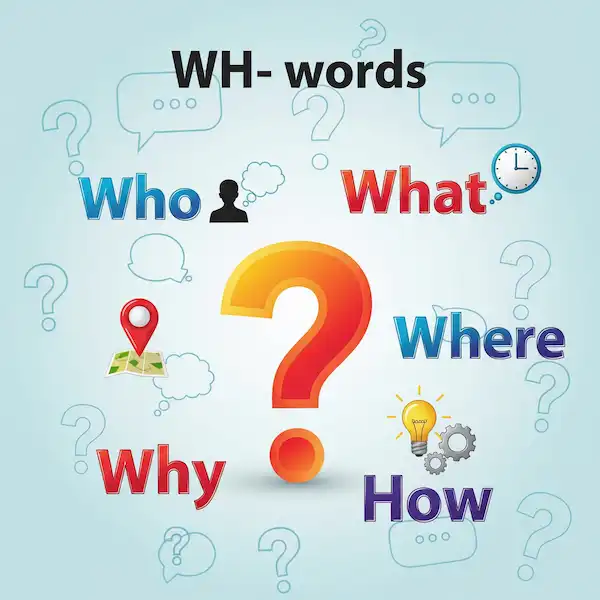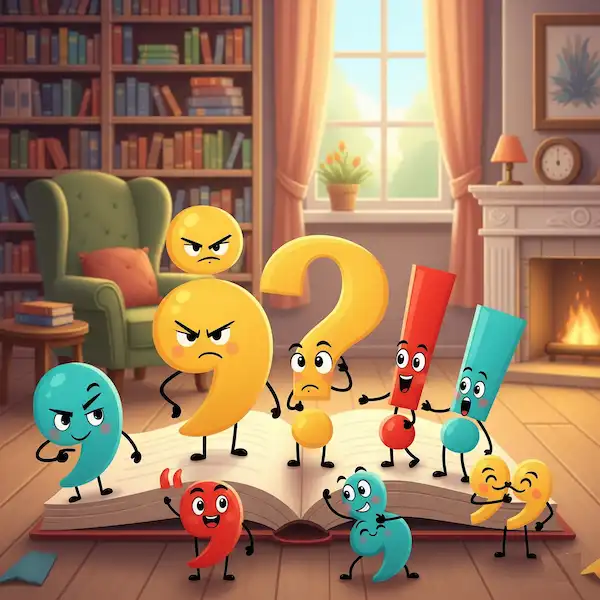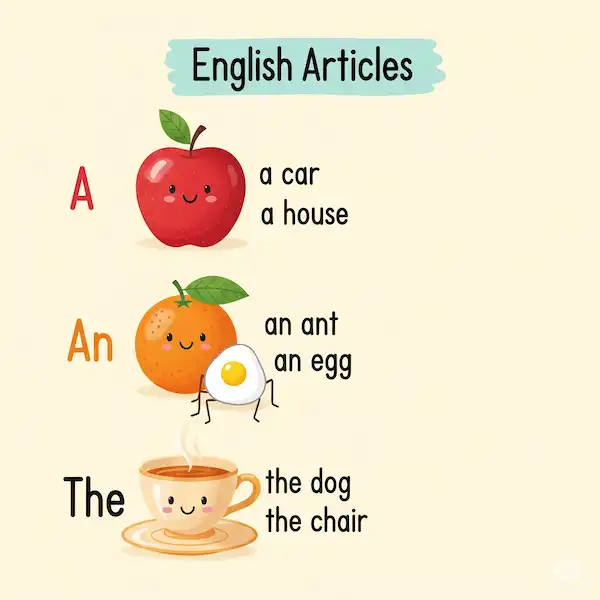Adjectives: Comparing Things with English Comparatives & Superlatives
Have you ever wanted to say that one thing is bigger than another, or that something is the tallest of all? That’s where comparatives and superlatives come in! They are special forms of adjectives that help us compare things. Learn more about English comparatives & superlatives.
What are Adjectives Again?
Before we dive in, let’s quickly remember what adjectives are. Adjectives are words that describe nouns (people, places, things, ideas). They tell us more about the noun.
Examples:
- A red car (describes the color of the car)
- A happy student (describes the feeling of the student)
- A big house (describes the size of the house)
English Comparatives & Superlatives – Comparatives: Comparing Two Things
When you want to compare two things, you use a comparative adjective. It tells you which of the two has more of a certain quality.
We usually form comparatives in two main ways:
1. Adding “-er” to the Adjective
For most short adjectives (usually one or two syllables), we add “-er” to the end of the word. We often use the word “than” after the comparative adjective.
Examples:
- Small → Smaller
- My dog is smaller than your dog.
- Tall → Taller
- Mount Everest is taller than Mount Fuji.
- Fast → Faster
- A cheetah is faster than a lion.
- Old → Older
- My brother is older than me.
- Happy → Happier (Notice: if an adjective ends in ‘y’, change ‘y’ to ‘i’ before adding ‘er’)
- I am happier when I am on vacation.
2. Using “More” Before the Adjective
For longer adjectives (usually three or more syllables), we put the word “more” before the adjective. We still use “than.” The superlative interesting, for example, would be more interesting than.
Examples:
- Beautiful → More beautiful
- The sunset today is more beautiful than the sunset yesterday.
- Expensive → More expensive
- This car is more expensive than that one.
- Difficult → More difficult
- Learning a new language can be more difficult than learning to ride a bike.
- Interesting → More interesting
- This book is more interesting than that movie.
Important Note on Spelling Changes!
Sometimes, when adding “-er,” you might need to make small spelling changes:
- Big → Bigger (Double the last consonant if it’s a CVC word – consonant-vowel-consonant)
- Hot → Hotter
- Nice → Nicer (If the adjective ends in ‘e’, just add ‘r’)
- Large → Larger
English Comparatives & Superlatives – Superlatives: Comparing Three or More Things
When you want to compare three or more things and say which one has the most of a certain quality, you use a superlative adjective.
We usually form superlatives in two main ways:
1. Adding “-est” to the Adjective
For most short adjectives (single syllable adjectives), we add “-est” to the end of the word. We almost always use “the” before the superlative adjective.
Examples:
- Small → Smallest
- My cat is the smallest animal in our house.
- Tall → Tallest
- Mount Everest is the tallest mountain in the world.
- Fast → Fastest
- A cheetah is the fastest land animal.
- Old → Oldest
- My grandmother is the oldest person in our family.
- Happy → Happiest (Remember the ‘y’ to ‘i’ change!)
- That was the happiest day of my life.
2. Using “Most” Before the Adjective
For longer adjectives, we put the word “most” before the adjective. We still use “the.”
Examples:
- Beautiful → Most beautiful
- She wore the most beautiful dress to the party.
- Expensive → Most expensive
- That diamond ring is the most expensive item in the store.
- Difficult → Most difficult
- This was the most difficult test I have ever taken.
- Interesting → Most interesting
- This is the most interesting book I’ve read this year.
Spelling Changes for Superlatives:
Just like with comparatives, remember the spelling rules:
- Big → Biggest
- Hot → Hottest
- Nice → Nicest
- Large → Largest
Irregular English Comparatives & Superlatives –
English can be tricky sometimes! Some adjectives don’t follow the regular “-er/-est” or “more/most” rules. You just need to memorize these:
| Adjective | Comparative | Superlative | Example Sentence |
| Good | Better | Best | This cake is better than that one. This is the best cake I’ve ever tasted! |
| Bad | Worse | Worst | The weather today is worse than yesterday. This is the worst movie I’ve ever seen. |
| Far | Farther/ Further | Farthest/ Furthest | The park is farther than the shop. Pluto is the farthest planet from the sun. (Both forms can be used for physical distance; “further/furthest” can also mean “additional” or “to a greater extent.”) |
| Little (amount) | Less | Least | I have less money than you. He made the least mistakes. |
| Many/Much (quantity) | More | Most | I have more books than my sister. She has the most friends. |
Why are English Comparatives & Superlatives – Important?
Using comparatives and superlatives correctly is important for several reasons, especially when you’re communicating in English:
- Clarity and Precision: They help you make your comparisons very clear. Instead of just saying “This house is big,” you can say “This house is bigger than that one,” which gives much more specific information. This demonstrates expertise in using English.
- Expressing Nuance: They allow you to express subtle differences and emphasize points. This adds authority to your statements.
- Effective Communication: By using these forms naturally, you sound more like a native speaker and communicate your ideas more effectively. This builds trust with your audience.
- Avoiding Ambiguity: Without them, your sentences might be confusing. Imagine saying “This car expensive” instead of “This car is more expensive.” The meaning isn’t as clear. This shows trustworthiness in your communication.
Practice Makes Perfect!
The best way to learn comparatives and superlatives is to practice! Try to use them in your everyday conversations or when writing.
Here are some sentences for you to complete. Try to use the correct comparative or superlative form of the adjective in parentheses:
- My brother is _________ (tall) than me.
- This is the _________ (hot) day of the year!
- Learning English is _________ (interesting) than I thought.
- She is the _________ (good) student in the class.
- This book is _________ (bad) than the movie.
(Answers: 1. taller, 2. hottest, 3. more interesting, 4. best, 5. worse)
Additional Helpful Content:
- “As…as” for Equal Comparisons: If two things are the same, you can use “as…as” with the base form of the adjective.
- My car is as fast as your car. (They have the same speed.)
- She is as tall as her sister. (They have the same height.)
- Less/Least for the Opposite:
- We used “more/most” for a greater degree. We use “less/least” for a smaller degree.
- This bag is less heavy than that one.
- This is the least difficult exercise.
Practice makes perfect
Here is a PDF document you can download with 25 practice sentences using Comparatives and Superlatives. Answers are on a separate sheet.
Additional Helpful Information
- First, learn about adjectives – Learning About Adjectives: English for Beginner Students
External Links for Authoritative Sources:
- British Council – Comparative and Superlative Adjectives: This website offers explanations and exercises.
- Cambridge Dictionary – Comparatives and Superlatives: A detailed explanation from a well-respected dictionary.
- Purdue OWL – Comparatives and Superlatives: A comprehensive resource for grammar rules.
Keep practicing and you’ll become a master of comparatives and superlatives in no time! Good luck with your English learning journey!
